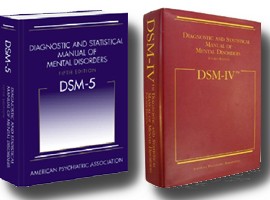Addiction Clinicians
Case Study: Medical Pot
Alcoholics have never had much success giving up drinking while using some other sedative. Often it results in a problem with the second substance.
Professionally Suspicious: Clinicians & Recovery Fellowships
You might as well write ‘I don’t want you to go to AA’ in big letters on the wall behind the therapist’s chair. It’s about that obvious.
Topics: 12Step, discharge planning, maintaining sobriety, recovery support groups
Introducing Newcomers to 12-Step Fellowship
AA and NA weren’t designed by professionals and they do not operate like professionally-developed behavioral therapy programs.
Topics: 12Step, Alcoholics Anonymous, discharge planning, maintaining sobriety
Documenting Supervision
Busy professionals, though, may rely on “taking notes,” and doing the more formal documentation “later, when there’s time.”
Topics: clinical management, clinician skills
Professional Development Plan
Topics: clinical management, clinician skills, professional skills, supervision
Good and Bad Advice at 12 Step Meetings
12 Step literature suggests that sponsors stick with advice on how to work the Steps, rather than stray into realms better left to trained professionals.
Topics: 12Step, counseling, recovery support groups
DSM-5 versus DSM-IV
Craving has finally been added to the symptom list. I was never entirely clear on why it wasn’t included in DSM-IV, since there’s an impressive body of research on craving measurement.
Topics: assessment, craving, diagnosis, signs and symptoms
Addiction Counseling Ingredients
Stats are something we impose on them when there’s already another client waiting in the corridor and the charting still isn’t done.
Topics: cognitive behavioral therapy, counseling skills, therapeutic models
Counseling Effectiveness: Allegiance and Alliance
The challenge is to develop that relationship quickly enough to engage the client and create an environment that promotes success.
Topics: client engagement and motivation, counseling skills, therapeutic models


















